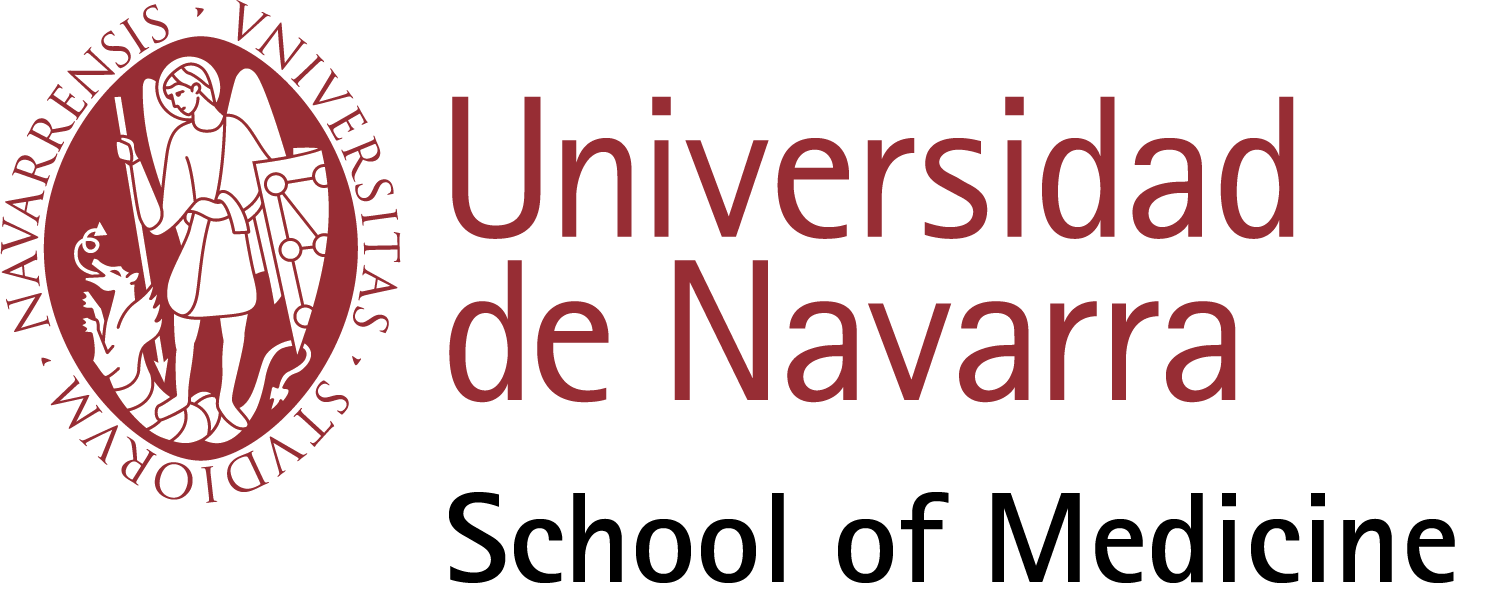The European HELENA study is an international study carried out between 2006-2007 with more than 3,500 adolescents from 9 European countries. During the study, blood samples were collected from more than 1,000 participants. A recent study1 in 562 adolescents (13-17 years old) from the HELENA study analyzed the association between adherence to the traditional Mediterranean dietary pattern and serum levels of C-reactive protein, an inflammatory marker. It is well known that the elevation of inflammatory markers is associated with increased mortality, and that elevation is present in most chronic diseases such as obesity and cardiovascular disease. However, serum levels of C-reactive protein are genetically influenced and thus, some individuals present a greater tendency to show higher levels than others. The study by Arouca A.B. and colleagues found that greater adherence to the Mediterranean dietary pattern and, in particular, its fish content, were associated with lower serum levels of C-reactive protein and, therefore, with less inflammation especially in subjects with a higher genetic risk.
- Arouca A.B, Meirhaeghe A, Dallongville J, et al. Interplay between the Mediterranean diet and C-reactive protein genetic polymorphisms towards inflammation in adolescents. Clin Nutr 2019. In press.



Recent Comments